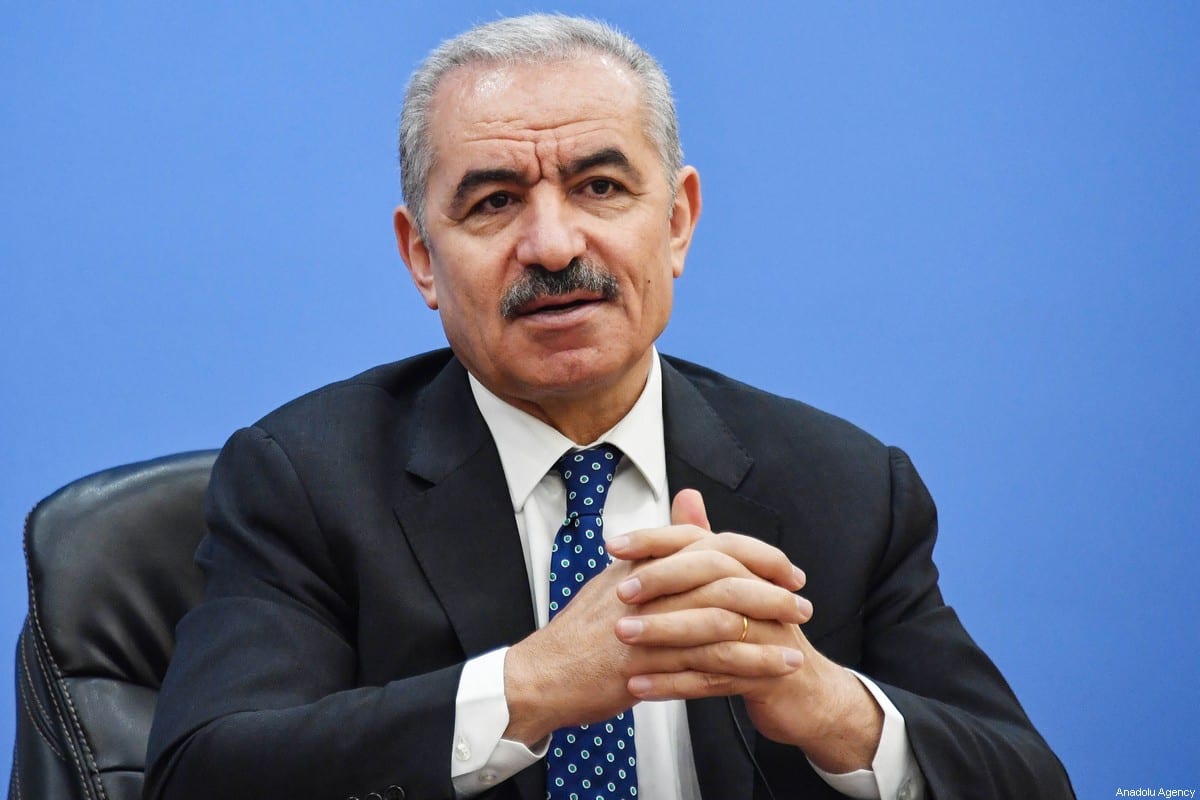

Yet another attempt at managing symbolic gestures by the Palestinian Authority, this time by Prime Minister, Mohammed Shtayyeh. “Whoever cannot punish Israel can at least help Palestine,” he stated during a meeting at the Norwegian Parliament in Oslo, in the presence of members of the Standing Committee on Foreign Affairs and Defence.
According to Shtayyeh, not holding Israel accountable for its colonial violence can be countered by recognising an independent Palestinian state based on the 1967 borders, as well as the right of return for Palestinian refugees.
No mention was made of the fact that Israel impedes both from being implemented. Without accountability, Israel will not decolonise and it will not accept the Palestinians’ right to return to historic Palestine.
Shtayyeh should also be reminded that the PA itself has worked against decolonisation and the right of return for Palestinian refugees. The two-state paradigm does not guarantee a Palestinian state. It affirms protection for Israel’s colonial project, which goes against the aspirations for Palestinian independence. Additionally, the Palestinian right of return within the context of the two-state is symbolic and holds no political weight, reflecting the compromised UN Resolution 194 that requires Palestinians to live alongside the colonisers. If, as early as 1948, the UN did not intend the Palestinian people to return to a decolonised Palestine, what makes Shtayyeh believe that, decades later, symbolic recognition of a Palestinian state and the right of return will hold any political sway?
We do exist: Why the Palestinian voice should take centre stage
In fact, the more telling statement by Shtayyeh invokes protection of the two-state diplomacy. “The world must act to protect the two-state solution that Israel is systematically working to destroy,” Shtayyeh declared.
Israel has already destroyed the two-state possibility, and the international community was not averse to its demise. The PA knows that a two-state reality will not be implemented, as the international community intended all along. However, this knowledge does not exonerate Shtayyeh from calling upon advocates of the two-state compromise to retain the middle ground and bolster Israel in the name of neutrality. Refusing to punish Israel and supporting Palestine is nothing short of a dangerous contradiction, which has been applied since 1948 and resulted in the current territorial loss, recently blamed on Naftali Bennett’s government, as if there was not a series of steps prior leading to the current de-facto annexation.
To put it succinctly, the international community is not helping Palestine by symbolic recognition. All it achieves by doing so is bolstering the PA’s diplomatic presence, which is also disposable to Israel and the international community. The PA’s relevance is tied to Israel’s colonial expansion and its role, dissociated as it is from Palestinians, does not necessarily augur permanence, particularly if Israel and its allies decide the two-state diplomacy is no longer required. At present, it serves as a veneer for possible negotiations, despite the fact that Israel is altering Palestine’s landscape very swiftly. The PA is not helping Palestine, hence Shtayyeh’s insistence that the international community keeps doing what it always has—support Israel and pay mere lip service to Palestine.
READ: Israel activist calls for ‘weapons to protect Palestinians’ from settler violence
The views expressed in this article belong to the author and do not necessarily reflect the editorial policy of Middle East Monitor.
Related posts:
Views: 0
 RSS Feed
RSS Feed

















 November 24th, 2021
November 24th, 2021  Awake Goy
Awake Goy  Posted in
Posted in  Tags:
Tags: 
















